6. Return to Oz (1985)
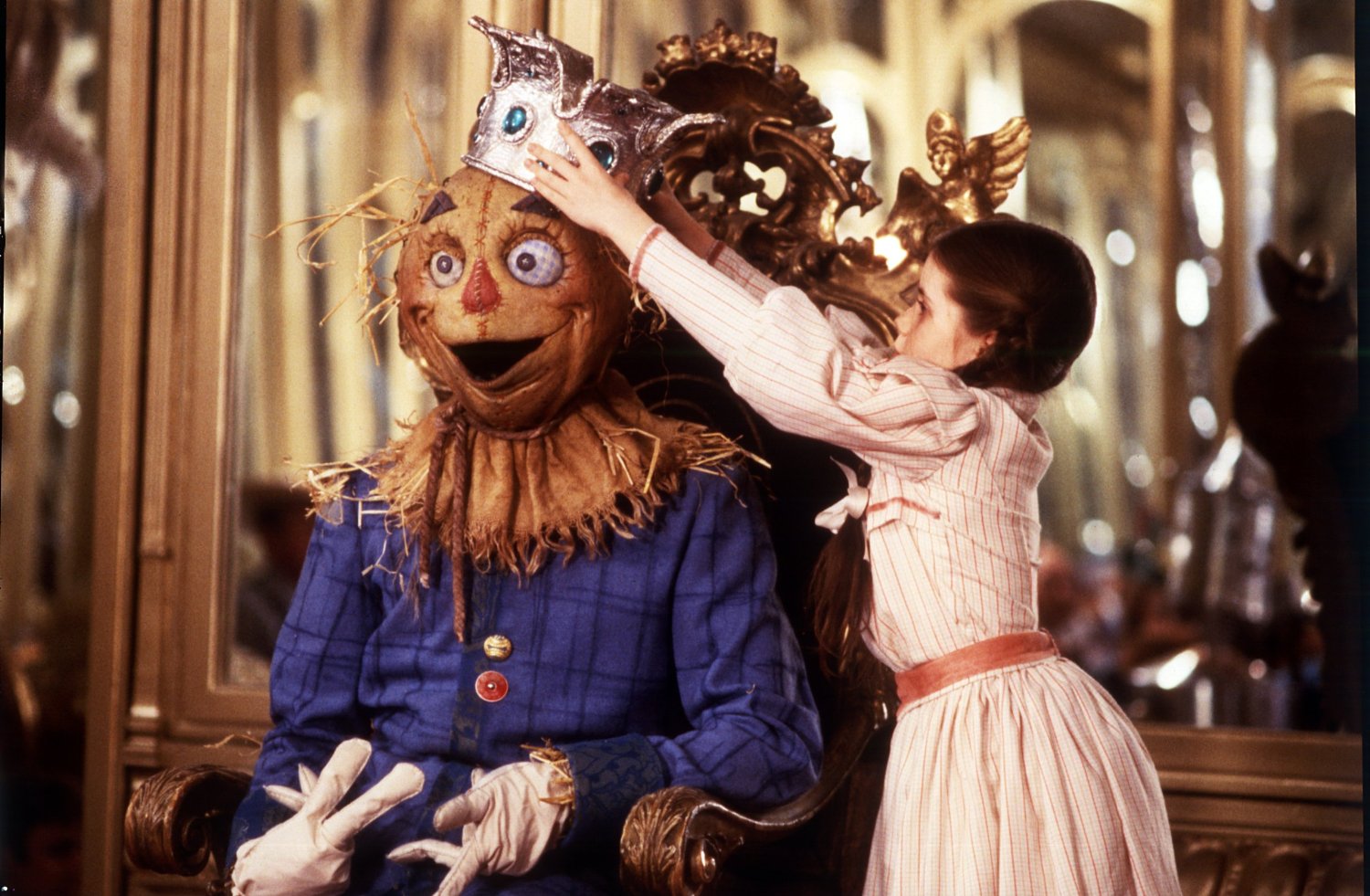
This Disney-produced sequel to The Wizard of Oz (1939) is a melancholy entry into the decade’s fantasy boom, filled with nightmarish eccentricity. Dorothy Gale makes her second journey to Oz and finds it a petrified wasteland, taken over by shapeshifting gnomes.
Following his Oscar-win for editing Apocalypse Now, Walter Murch directed for the first and only time in his career, and despite his inexperience with visual effects, this is an endlessly inventive, if creepy mix of claymation and animatronics, with Balk giving one of the great performances by a child actor. The hostile reception may have been in part due to Murch’s dark decision to factor the possibility of mental illness into Dorothy’s adventures, whilst rebutting the previous film’s conclusion in which she realized it was all ‘just a dream’. To some critics, including Leslie Halliwell, this seemed to suggest that Dorothy is delirious, which would give its ending some of the same bittersweetness as Terry Gilliam’s Brazil (released the same year), or even Pan’s Labyrinth.
The low box-office and scathing reviews discouraged Disney from giving the film a cinema release in the U.K. Although unlikely ever to attain the same adoration as its forebear, it remains a charmingly odd piece of apocrypha from a monopolistic studio.
7. The Right Stuff (1983)
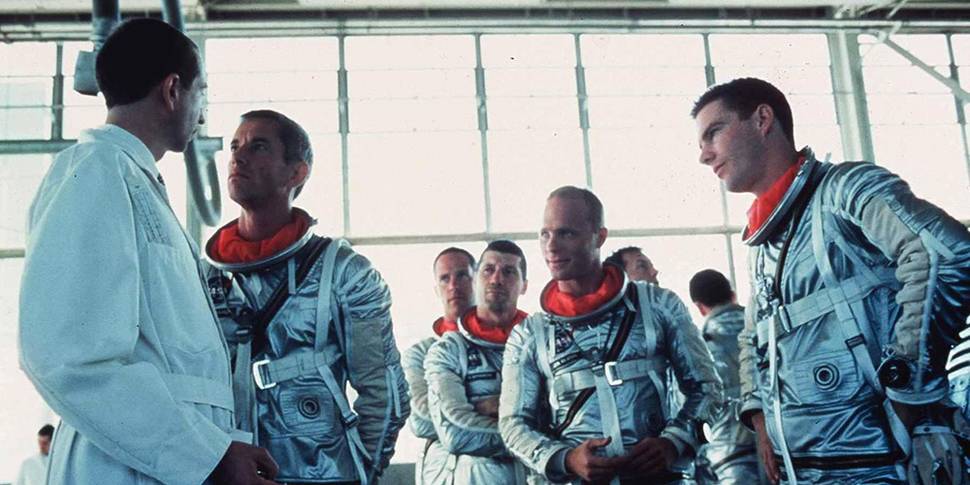
Adapted by Philip Kaufman from Tom Wolfe’s non-fiction book, The Right Stuff is a three-hour epic chronicling America’s first few, tumultuous years in the Space Race. Beginning with test pilot Chuck Yeager’s record-breaking flight through the sound barrier in 1947, we follow the astronauts of NASA’s Mercury Project of 1958-63, as they try but fail to beat the Soviet Union to the world’s first, manned space orbit.
From its lyrical early scenes to the subdued finale, the film is elegiac in tone. Although described by Kaufman as “the longest movie ever made without a plot”, he draws a clear comparison between the lone-wolf stoicism of Yeager and the machismo of the Mercury Seven, whom, he implies, may have lacked the ‘right stuff’. Despite this, it is consistently stirring, compassionate, and finally celebratory, with uniformly fine performances from an all-star cast including Scott Glenn, Ed Harris, and Sam Shepard, plus some trippy optical effects. Its cautious optimism was not enough, however, to save it from box office oblivion. Two years later, the more jingoistically-themed Top Gun became one of the decade’s highest-grossing films.
This year sees a miniseries remake from Disney, which, if nothing else, will hopefully do something to improve awareness of the original.
8. Star 80 (1983)
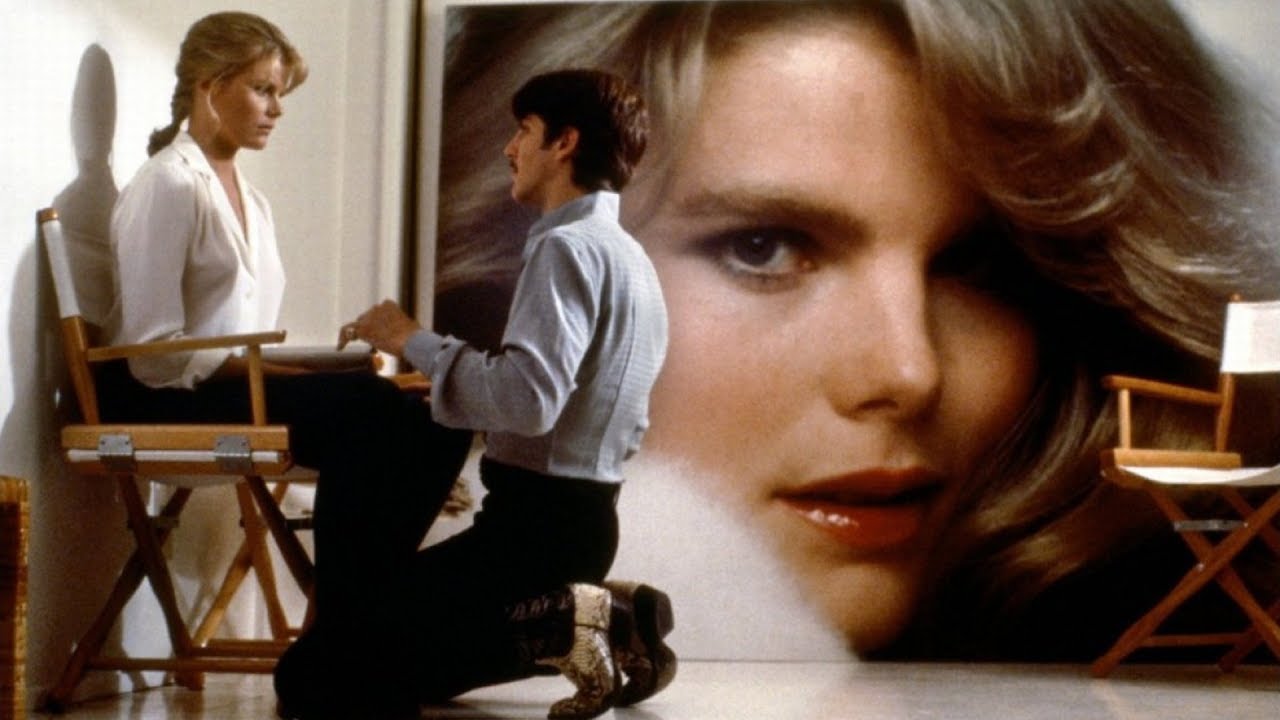
Best known for his musical extravaganzas, choreographer-turned-director Bob Fosse made this typically provocative dramatization of a real-life Hollywood tragedy just three years after the event took place in 1980. Mariel Hemingway plays aspiring actor and Playboy star Dorothy Stratten, with Eric Roberts as her predatory husband and eventual murderer Paul Snider.
Superficially a frenetic snapshot of Hollywood at its most lurid, the film is a brutal albeit moral one, gradually abandoning its suffocatingly gaudy visuals, leaving the final act of violence all the more stark. With its deliberately flashy directorial style, it does not shy away from acknowledging its own complicity within the misogynistic culture it condemns, nor that of the viewer, whilst never attempting to romanticize nor portray any aspect of the story with undue sympathy, something it reserves solely for Stratten.
This would prove unpalatable for most audiences and critics at the time, and the two lead actors’ stardoms failed to materialize, despite arguably career-best performances from both. It was also to be Fosse’s last film before his death from a heart-attack in 1987.
9. The Stunt Man (1980)
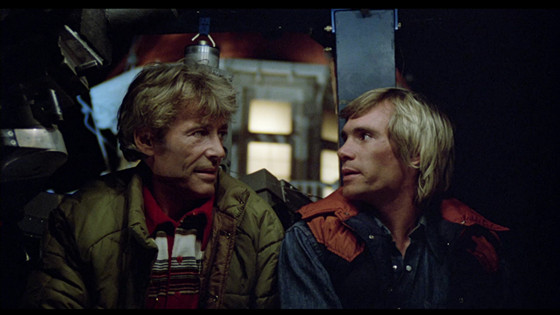
In the ever expanding catalogue of films about filmmaking, The Stunt Man still stands as one of the most unique and overlooked. A comedy-thriller, laced with magical realism, Steve Railsback plays a Vietnam veteran hiding from police on the troubled shoot of a WWI film, whose bewitching director Eli Cross, played by Peter O’Toole, offers to shield him if he take the place of a stunt double who died in an on-set accident. From there on, normality and fantasy are in constant flux, with the intricacy of a minutely controlled explosion.
The film was a passion project for Richard Rush, formerly of anti-establishment dramas such as Psych-Out (1968) and Getting Straight (1970). Arriving after the countercultural energy of the ‘60s had soured, The Stunt Man is an exhilarating, prismatic allegory for accepting disillusionment. Moviemaking is shown, for once, to be a healing process, devoid of New Hollywood’s usual cynicism. From the playful use of music and jump cuts, to having characters laugh during emotional scenes, it champions levity as an antidote to disappointment, which was to prove less popular with audiences than a retreat into innocence, ironic given that Cross’ knowingly absurd anti-war statement looks uncannily like Indiana Jones.
Produced when audiences were less familiar with metafictional comedy, the film was a victim of poor marketing, reportedly due to its lack of genre-conformity. As O’Toole himself put it, “The film wasn’t released. It escaped.”
10. Top Secret! (1984)
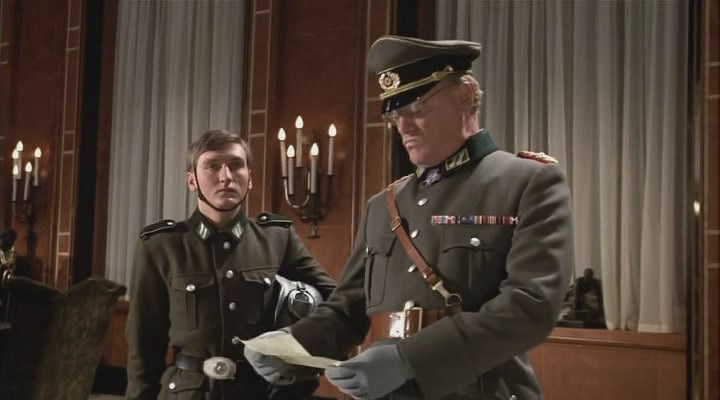
The Zucker-Abrahams-Zucker partnership followed up their smash-hit Airplane! with this loveable tribute to the pop culture of their postwar childhoods. Whereas the previous film was pointedly a spoof of the disaster movies which dominated the previous decade, Top Secret! is essentially a series of nostalgic riffs, roughly linked by a Cold War theme.
Val Kilmer plays a rock-and-roll idol on a tour of East Germany, where he quickly becomes the hero of a romantic spy yarn. Alternately a parody of classic WWII films and espionage thrillers, plus a musical (with a Blue Lagoon pastiche thrown in for good measure), the film is an idiosyncratic comic album. Though too diffuse to be as consistently funny as its predecessor, or the later Naked Gun, it also manages to avoid their mean-spirited tendencies. Highlights include affectionate cameos by Omar Sharif and Peter Cushing, the latter of which is frankly surreal.
The film’s conceptual shambolism made it an easy victim of test screenings, leading to cuts which left it, affectively, without an ending. The creators had as much difficulty describing the final product as critics did, and it was considered a box-office disappointment.